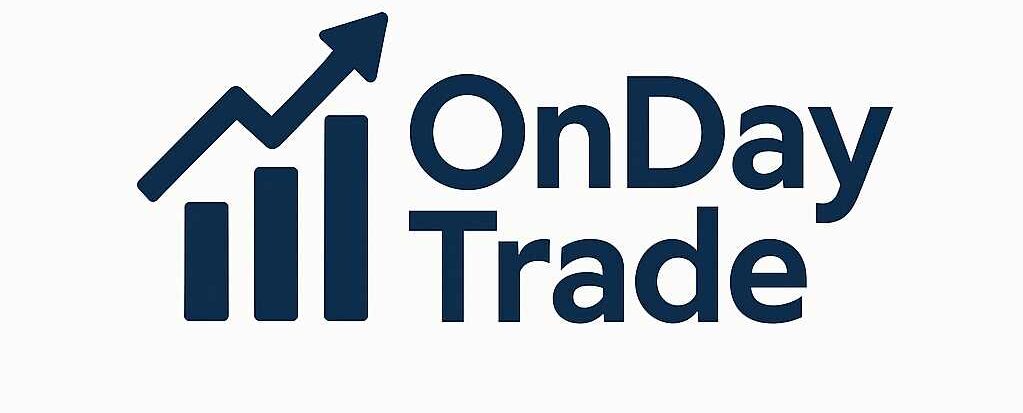Explore the latest updates on EU copyright reforms and how they affect press publications, the future of memes, and licensing revenues for publishers and creators. Stay informed!
Additionally, the Law Does Not Cover Certain Acts
Additionally, the law does not cover the act of placing hyperlinks to a press article or using individual words or very short excerpts. This is because search engine operators and news aggregators typically rely on these license-free options, which are automatically implemented through their algorithms. The ministry wants to “specify” these “vague legal terms” for the first time, also in the interest of startups.
The Death of the Meme?
In light of this list, social networks are already discussing the death of memes based on press releases. “The exceptions for small excerpts are defined in a completely unrealistic way,” tweeted former MEP Julia Reda. Given the 128 pixels, she was reminded of “Atari times.” In principle, according to the EU directive, all users should be able to rely on their rights to quote, criticize, review, and create “caricatures, parodies, or pastiches.” Member states are responsible for ensuring this possibility, for example, to distribute memes.
The Ministry of Justice initially only mentions the existing user privileges in the Copyright Act, specifically the right to quote, “in order to be able to critically engage with press publications.” It does not yet address memes, which should be on the agenda at the latest with the implementation of the new liability rules for platforms with user-generated content. The federal government has set itself the goal of “largely rendering unnecessary” the particularly controversial tool of upload filters.
Will Google Pay?
The proposed ancillary copyright is to apply retroactively to publications from June 6, 2019. According to the draft, authors whose works are published are entitled to “a reasonable share of the revenue” received by publishers of information society services. Holders of “related rights,” such as “photographic copyrights,” are also to be included.
Whether Google and other companies will pay at all is doubtful, given the history of ancillary copyright law in this country, which has primarily been fought out in court, and recent experiences with it in France, for example. The Ministry of Justice explains: It is important to consider the extent to which press publishers engage in search engine optimization. Meta tags can be used to granularly define the rules for the use of the website by other internet services.
In this way, website operators allow search engines to specifically use protected content to “display it as prominently as possible in the search results,” the paper states. A publisher thus goes “beyond simply posting” publications online “without safeguards against the use of their content by other services.”
Publishers’ Participation in Exploitation Royalties Is Coming Back
Journalists and press photographers should continue to be able to promote their own articles online by publishing these texts or other protected content on their own websites. Furthermore, the ministry wants to accommodate the practical need for freelance journalists and photographers, in particular, not to always grant exclusive rights of use, but to make their services available to multiple press publications.
At the same time, the authors see a legal right for publishers to share in the royalties, for example, for private copies or reproductions for scientific purposes, if authors exercise their right to royalties through a collecting society. Courts initially awarded the funds only to creatives and overturned a previous shareholding rule for publishers. At least two-thirds of the royalties collected from organizations such as VG Wort or GEMA should go to the authors.
The Ministry of Justice considers it “appropriate” to prioritize the provisions in favor of publishers from the EU copyright package, since they have already been granted the ancillary copyright since August 2013. However, the European Court of Justice declared this inapplicable in September because the German government had not submitted the draft to the EU Commission in advance as part of the necessary notification procedure.
“Increasing Erosion” of Newspapers and Magazines
According to the draft, the aim now is to “establish legal certainty for press publishers and users as quickly as possible” and to counter the “increasing erosion of the economic foundations” of newspapers and magazines. The proposed law should therefore enter into force immediately after its promulgation, even though all the necessary reforms could not actually take effect until June 2021. In the meantime, the special treatment will therefore “initially only function as a national protective right.” Therefore, this time the draft will also have to be notified to Brussels first.
At the same time, rules on text and data mining, teaching and learning, and “preservation of cultural heritage” are also to be implemented first in the draft. Here, “there is a compelling connection between the new protection law and the new, binding exceptions and restrictions to be introduced.” According to critics, however, the ministry is not fully exploiting the directive’s scope even in this sub-area of user privileges. Interested parties can comment on the initiative, which is expected to result in a ministerial and government draft with swift adoption by the Bundestag, until January 31.
Summary and Open-Ended Question
In summary, these changes to Germany’s ancillary copyright law represent a critical moment in the ongoing debate over how digital platforms use and share news content. While the eight-word rule aims to balance the interests of press publishers with the need for fair use, the evolving nature of the internet may present new challenges. Will these updates empower smaller publishers, or will they inadvertently hinder the free flow of information? Share your thoughts below — how do you think these regulations will impact your online content consumption or creation?

